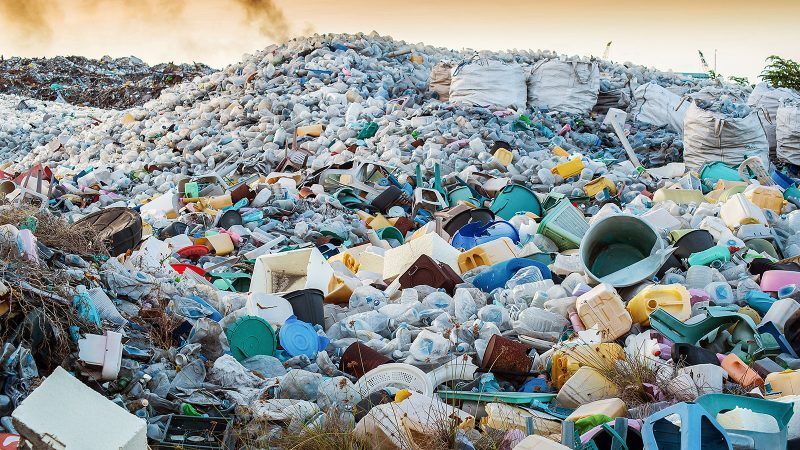
Plastic grocery bags were first introduced in U.S. stores in 1977. In 2018 — 41 years later — the Environmental Protection Agency estimated about more than 4 million plenty of plastic bags, sacks, and wraps were generated within the U.S. alone. Alarmingly, they also estimate that just one-tenth of that plastic was recycled.
Because so few people recycle them, each year numerous loads of plastic bags are produced, used once, and disposed of. Today our oceans are littered with plastic, posing a serious danger to ocean life. And our landfills are overstuffed with bags that may take over 500 years to decompose naturally.
But there are many ways people can reuse, repurpose and recycle plastic grocery bags in ways in which don’t congest the environment.
How to Recycle Plastic Bags
Of course, the most effective thing you’ll do with plastic bags is to own them professionally recycled. Unfortunately, the type of plastic grocery bags is made of isn’t accepted in standard curbside recycling systems.
Instead, you’ll need to take them to wrap recycling dropoffs, typically found in retail centers and — fittingly — grocery stores.
Ways to Reuse Plastic Bags
Besides recycling, the most effective thing for the environment would be to avoid single-use plastics altogether. That’s not a practical goal — at least not yet. Meanwhile, here are some things you can do with all the plastic grocery bags laying around your home.
Lining Small Trash Bins
Make removing the trash easier by lining the little wastepaper baskets in your home with plastic grocery bags. When it is full, empty the bag into a larger garbage bin instead of throwing it away altogether. That will defeat the purpose of “reusing” the bag.
Packing Material for Moving Boxes
Old plastic grocery bags make an excellent substitute for packing peanuts, whether you’re loading up boxes of old stuff to place in storage or sending a Care package halfway across the country.
Wrap Shoes in Luggage
Want to pack your shoes with the remainder of your clothes without getting anything dirty? Cover the shoes in plastic grocery bags and slide them into your suitcase.
Doggie Bags
Rather than buying plastic bags for cleaning up your pet’s messes, why not just reuse the plastic bags you have? Tie a few to the handle of your dog leash, so on long walks, you will always have some way to select up after your dog.
30 Ways to Recycle Just About Anything
There are no reason household cast-offs will be destined for the dump—plenty of nearby agencies are quite willing to offer your old stuff from paint to cork to teddy bears a second life.
Ink Cartridges
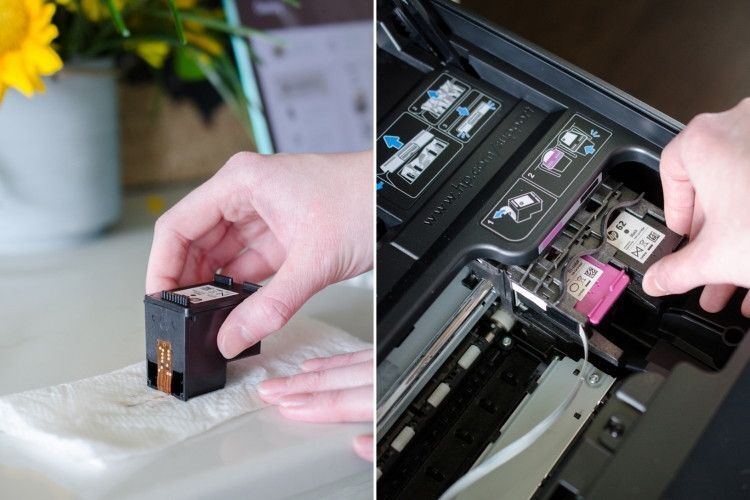
On average, 70% of used ink cartridges are thrown into landfills, where it will take over 1,000 years for them to decompose. “When something is thrown in the garbage and either landfilled or incinerated, the importance of that material is lost forever,” Lauren Taylor, the Global VP of Communications for TerraCycle, says. “When an item is recycled, it provides a more circular solution.” rather than letting those cartridges spend centuries in a landfill, seek recycling instructions on the cartridge’s package. Staples can offer you $3 off your next cartridge purchase for bringing in your used ones, and HP accepts old HP-brand cartridges via mail.
Clothes
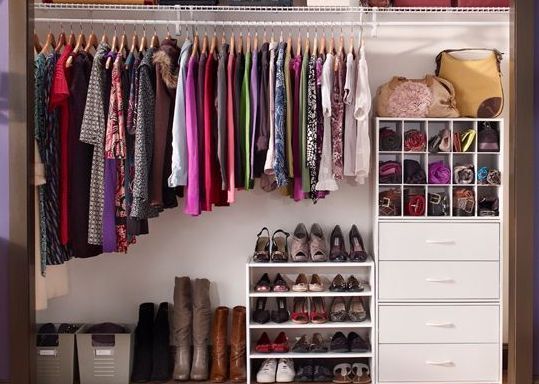
Options for recycling clothes abound. Donating old garments to Goodwill and therefore the Salvation Army can be the most obvious way to clean out a cluttered closet. If you wish to create a quick buck, you’ll always resell nicer items on eBay or at a local secondhand store, too. But consider giving your no-longer-needed garb a second life in your house. “Think of old clothes differently,” Taylor says. “Before you throw them away or donate them, consider options.” Your favorite, worn-out shirt or sweater becomes a pillow cover, otherwise, you’ll make a pet bed out of old blankets or flannel sheets.
TVs

Truth be told, TVs are only one of the things thrift stores don’t actually need. Luckily, chain stores like Staples and Office Depot will recycle your old TVs, also as a range of other electronics. Better yet, Best Buy will even remove and recycle your set when it delivers a different one to your home. You can also drop off Sony TVs at any of the company’s local recycling centers.
Furniture

Has your well-loved sofa or table seen better days? You can always donate it or sell it online like Craigslist or eBay. But with some effort and a touch of imagination, you will be able to also turn it into a wonderful statement piece for your home. After all. Paint and new hardware can make anything look fresh.
Wine Corks
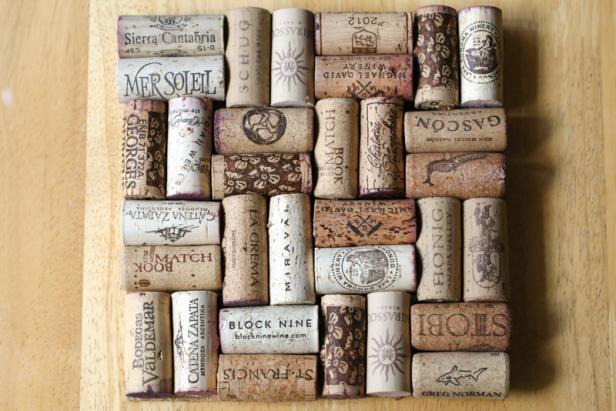
The majority of wine corks are made out of bark tissue, a natural (and biodegradable!) material. Meaning you can safely toss them into a compost bin—or send them to a wine cork recycling company. They will pay you for the corks, which turn out to be floor tiles, partitions, and a variety of other products.
Old paperbacks can get into the bin, but you must remove any hardcovers, which are too rigid to recycle. You can also drop them at a local library, school, charity, or shelter. If your books are in good condition, you can even resell them on Amazon and pocket the profit.
Crayons
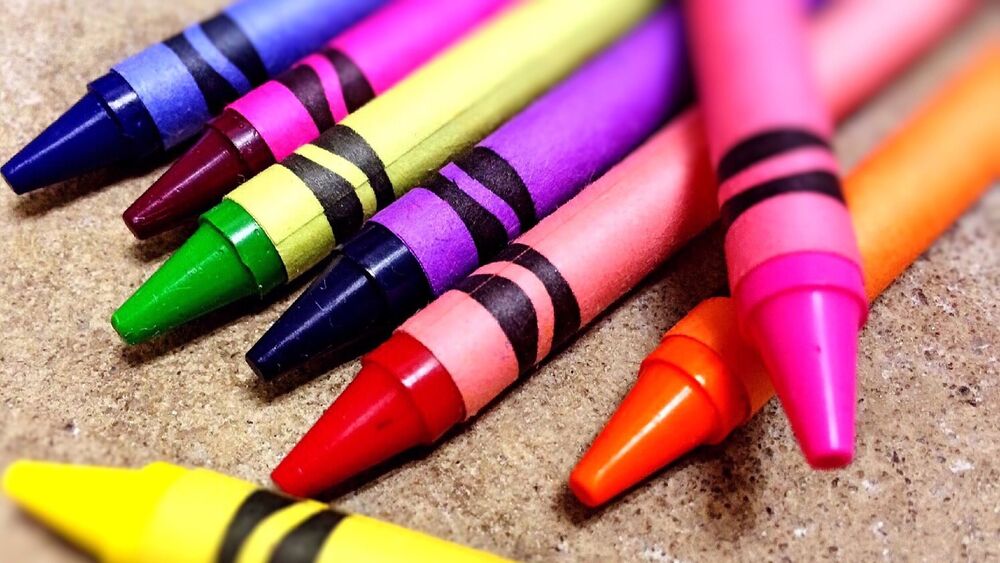
It’s time to say goodbye to your box filled with broken and stubby Crayolas. Believe it or not, you can send your cast-off crayons to the National Crayon Recycle Program, which will melt them down and create new ones. Just ensure to leave the wrappers on. Why you ask? When you’ve got black, blue, and purple crayons together without wrappers, it is hard to inform them apart.
Hangers
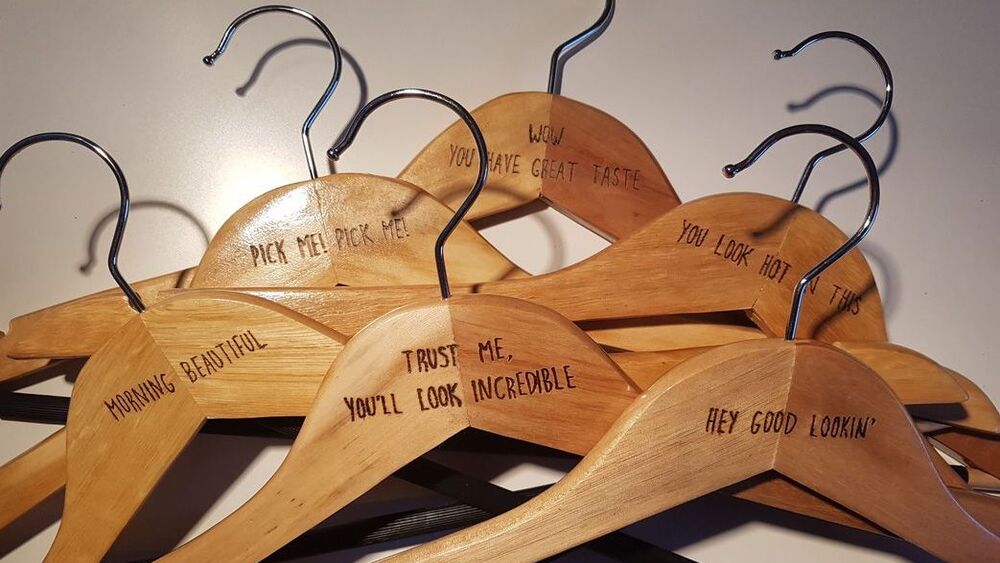
While plastic hangers aren’t always accepted at city recycling centers, you will donate them to your local thrift store. Wire hangers, on the other side, can be recycled with other household metals—as long as you remove any attached paper or cardboard first. Some dry cleaners and Laundromats will reuse them, also.
Stuffed Animals

Do not toss that tattered teddy bear; there are many children in need who would like to give him a new home. There are Institutions that send gently used stuffed animals to children in war-torn nations, refugee camps, and hospitals.
Cars
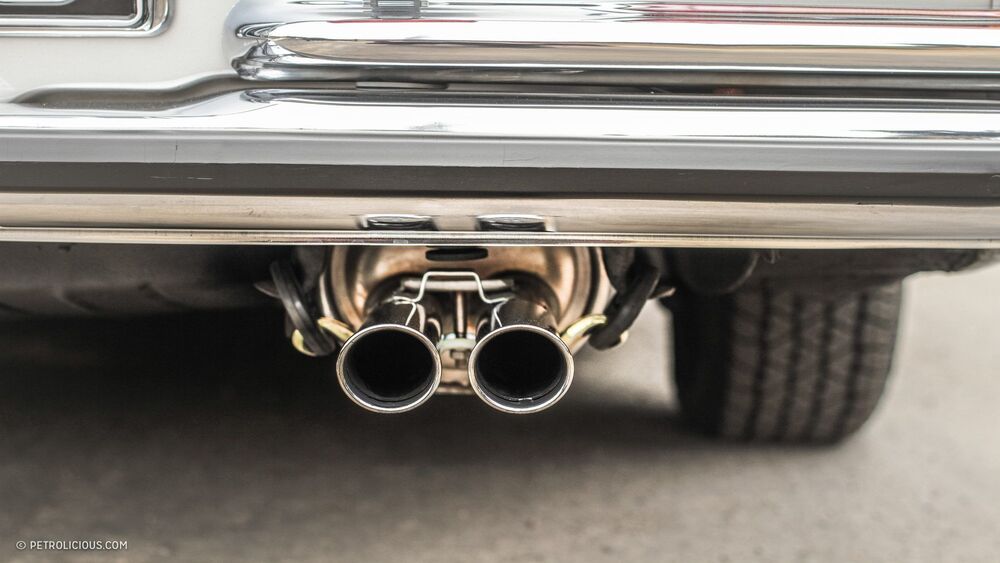
Your old wheels can pick up anywhere between $200 to $500 if you bring it to a landfill, which can crush it and resell the scrap metal. But if you only want to get rid of it, junkmycar.com will pick up and take away cars, trailers, motorcycles, and other heavy equipment free of charge. Before you bid goodbye to your auto, though, remember to remove the tires and clean out the car, checking the glove box and other nooks and crannies for any valuables.
Household Paint
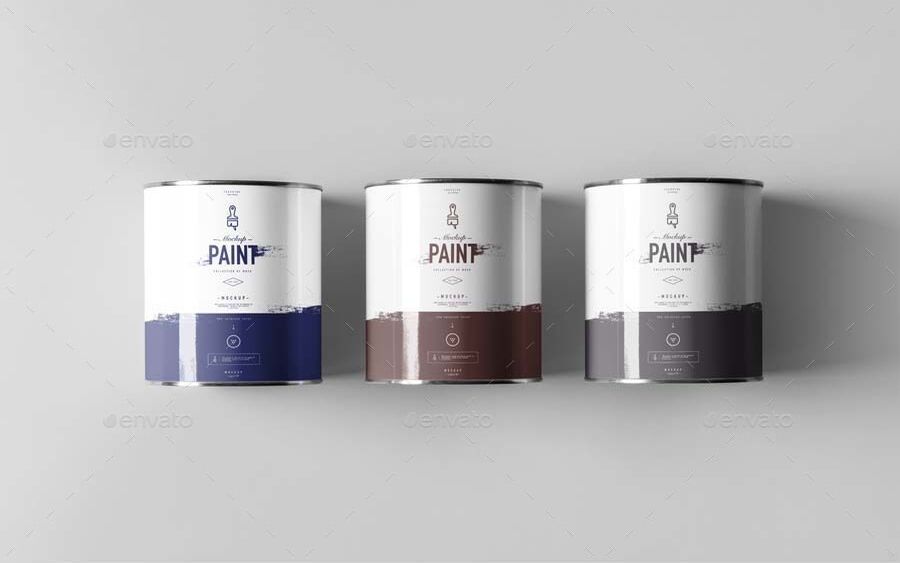
Paint may be toxic to the environment if left in a landfill, but it is not doing you any good by sitting in your garage, either. Some cities offer paint-recycling programs, which will take your paint to a company that turns it into new paint.
Pots and Pans
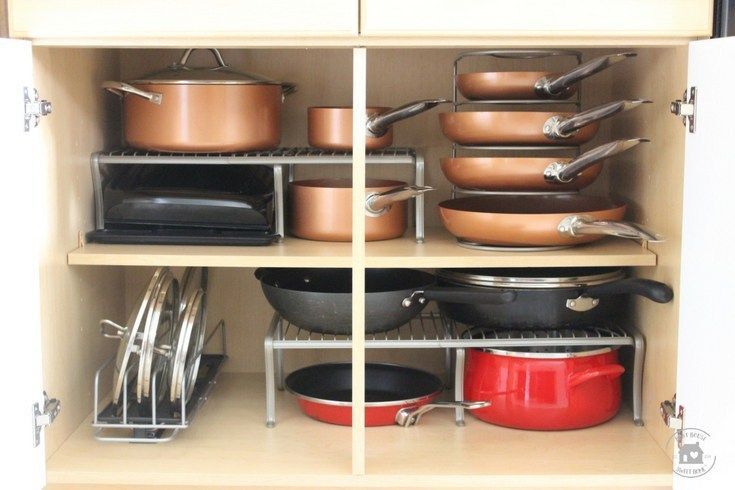
Wish to free up space in your kitchen pantry or cabinets? Think of donating old pots and pans to your local secondhand store or a women’s shelter, or passing them on to a friend or loved one.
Batteries
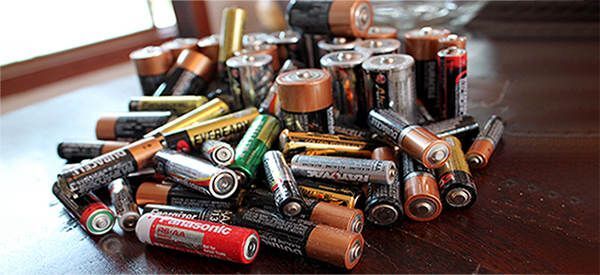
Batteries are made up of hazardous metals which will cause serious damage to the environment if they’re not recycled properly. Luckily, batteries of all kinds are recyclable—and many stores will eliminate them for you. There are companies that accept reusable ones, and even takes batteries from cameras and gaming consoles. Battery Solutions will accept old batteries through the mail, too.
Shampoo Bottles

Shampoo bottles—along with plastic bottles and milk jugs—are made of plastics with resin numbers 1 and 2, which means they are approved for recycling almost everywhere. Just clean them out and throw them in together with your other plastics. Or keep that milk jug and learn what do to with it.
Tinfoil
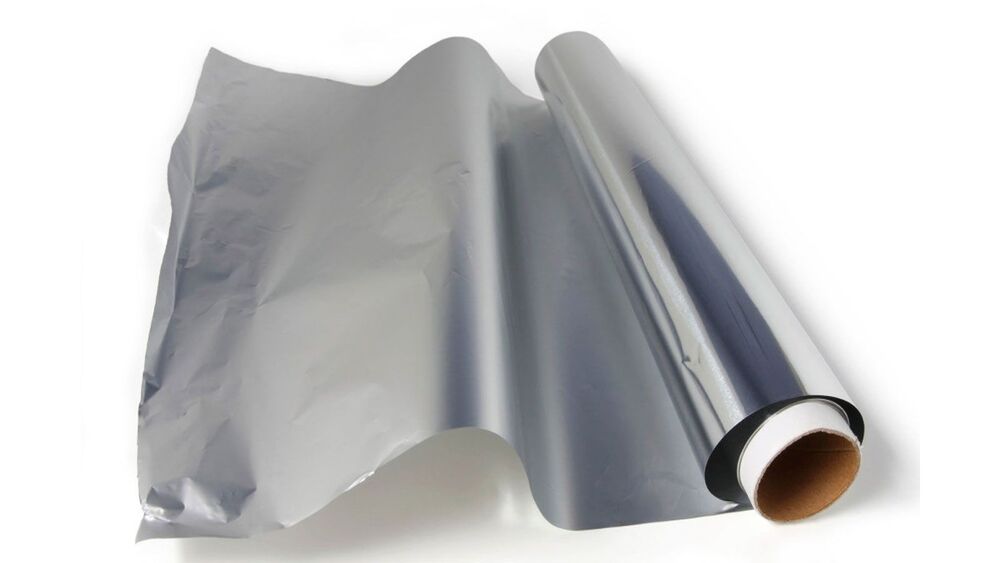
No need to tossed last night’s tinfoil in the garbage. Tinfoil is usually made of aluminum, so it can be recycled with your soda and beer cans. And tinfoil is 100 percent recyclable. Unfortunately, most of the aluminum foil waste is utilized in u. s. ends up in landfills. Everyday, waste is tossed into landfills when really it should be recycled.
Children’s Toys
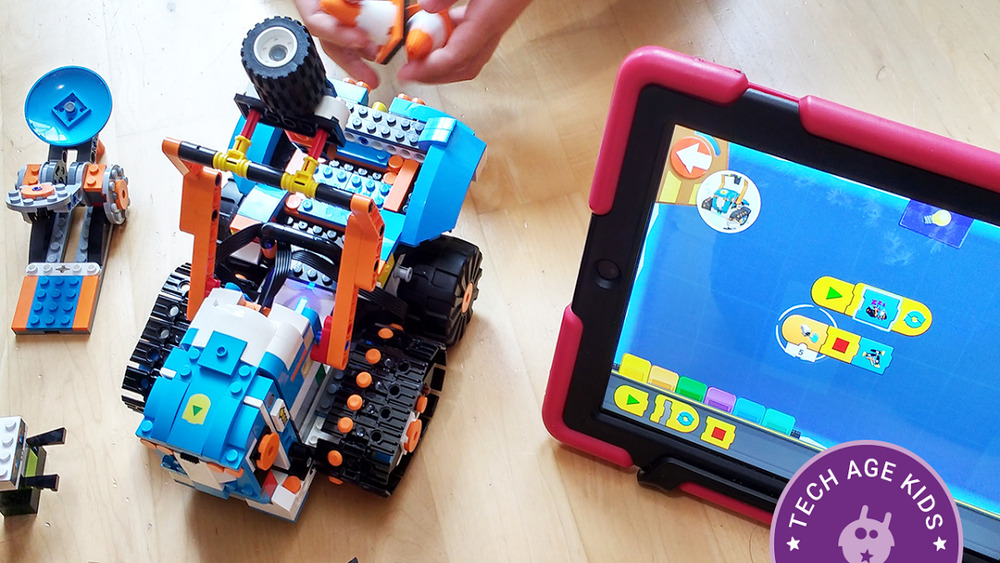
Lots of organizations collect toy donations for kids in need. Do not miss these myths about going green that are busted.
Juice Pouches
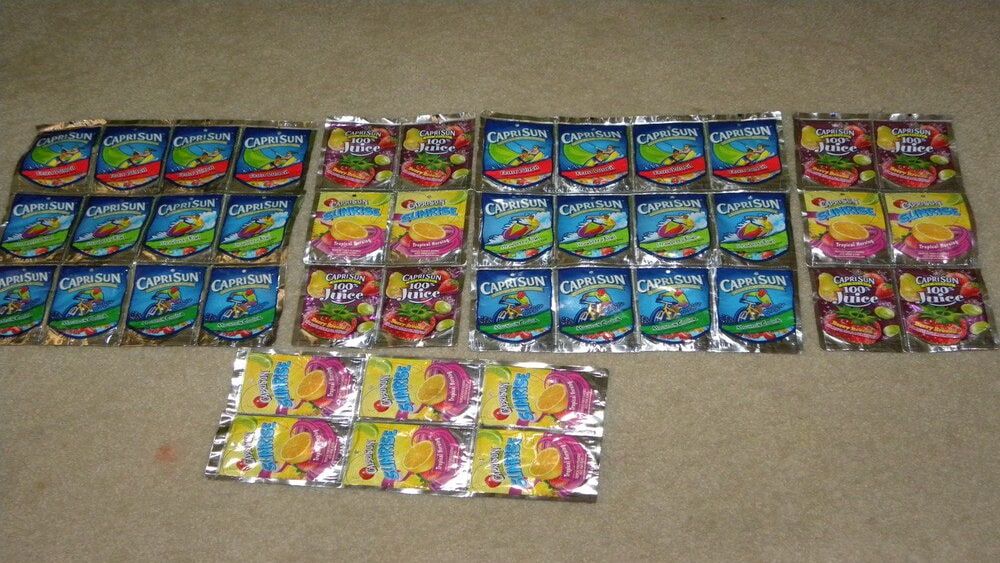
Because most juice pouches are made from plastic polymer and aluminum, they, unfortunately, can not be recycled. You do not need to dump them, though. For every Honest Kid, Capri Sun, and Kool-Aid Drink pouch you send to TerraCycle, the corporate will donate 2 cents to the charity of your choice. (They provide free shipping, too!) What’s more, your old juice pouches will get a second life as colorful purses, totes, and pencil cases, which are sold at Target and Walgreens stores throughout the U.S.
Plastic Bags

While it is best to bring re-usable bags for your weekly cart of groceries, occasionally using a plastic bag is necessary. Try recycling plastic bags around the house as lunch boxes, small trash can liners, or dog waste bags. If your town does not recycle plastic, you will be able to drop them off at your local market, too. In addition to using the bags for trash liners, storage and even picking up after the dog.
iPod
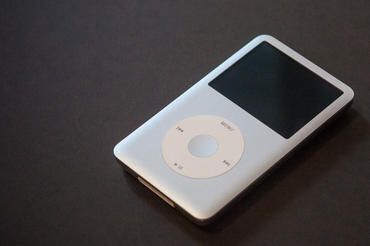
If you bring your old iPod to an Apple store, you will get 10% off a new one. It is a win-win situation—not only will your outdated iPod avoid the junkyard, but you will also save cash on your new gadget. The only catch? The discount can only be used that day.
Post-it Notes
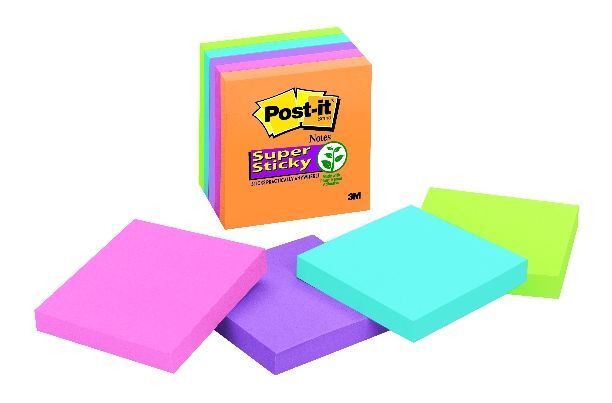
These little pads of paper come in handy around the office, but they must never collect in your garbage can. Throw them within the paper bin , instead; that sticky stuff will get filtered out in the recycling process.
Computers
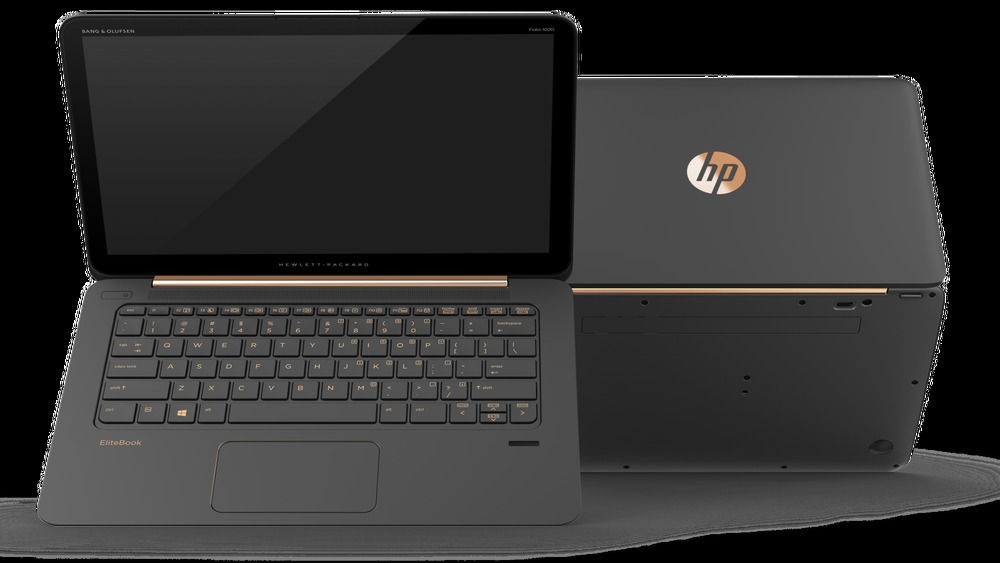
Still holding on to your 2004 PC? Whether it is out-of-date or simply plain broken, that old computer can find many new homes. Charitable organizations will properly get rid of all kinds of used technology, repair broken computers and provides them to underfunded schools, needy families, and nonprofits. Many manufacturers also will recycle used computers.
Umbrellas
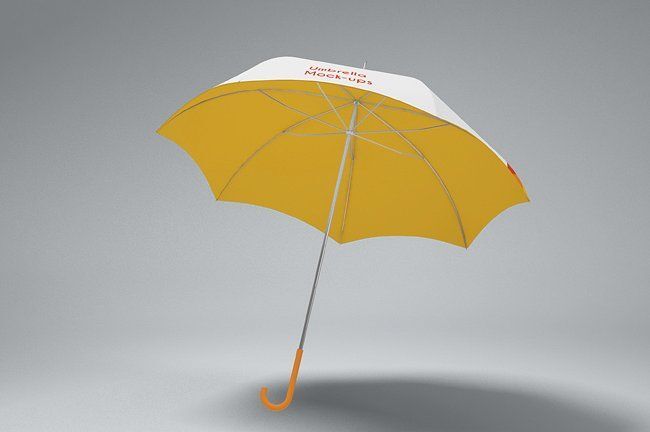
If your umbrella has weathered its last storm (pun intended), simply drop the metal frame in with your other scrap metal. But make sure to remove the fabric and the handle first; they are not recyclable. Now that you know how to recycle basically everything in your home.
